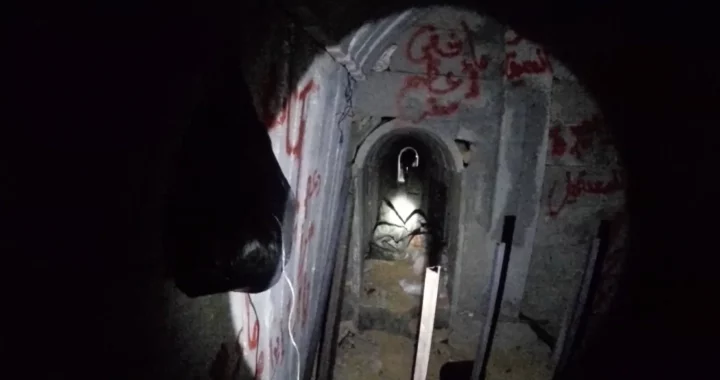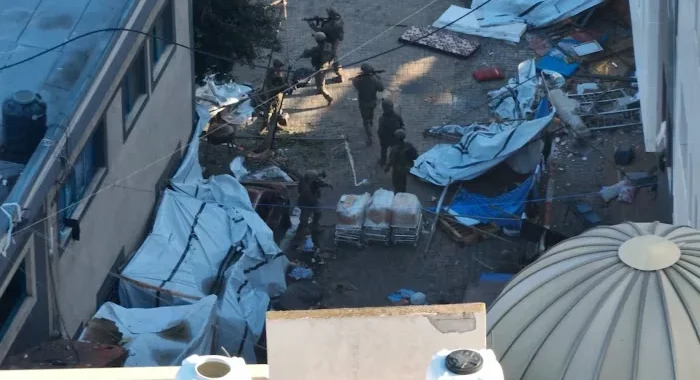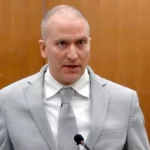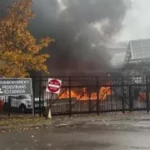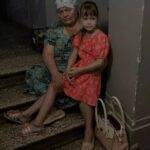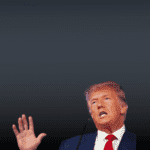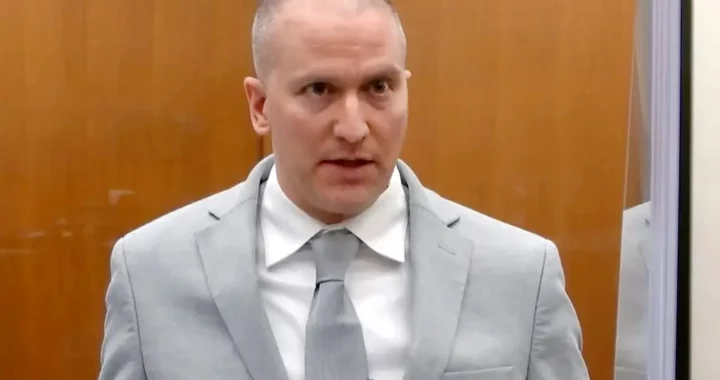Bangladesh’s Election Impasse: A Battle for Fairness

The Political Quagmire: Bangladesh’s Struggle for Fair Elections
In recent news, Bangladesh is once again facing a political crisis as the main opposition party, the Bangladesh National Party (BNP), threatens to boycott the upcoming elections if Prime Minister Sheikh Hasina does not step down before the polls. The BNP’s key demand is the resignation of Prime Minister Hasina to pave the way for a neutral caretaker government that can oversee the elections. This move has escalated tensions in the country, resulting in a three-day blockade and widespread violence. The BNP’s decision to take such a stance is not without reason, as it believes that the integrity of the election process is at stake. In this article, we will explore the background of the political turmoil in Bangladesh and the implications of the BNP’s boycott threat.
A History of Electoral Controversies
Bangladesh has a long history of electoral controversies and allegations of violence and foul play surrounding its elections. The last election widely considered free and fair was held in 2008, where Sheikh Hasina’s Awami League secured a landslide victory. Importantly, this election was conducted under the supervision of a neutral caretaker government, which ensured a level playing field for all political parties.
However, in 2011, Hasina’s government abolished the caretaker government system following a ruling by the Bangladesh High Court, declaring it unconstitutional. Since then, subsequent elections in 2014 and 2018 have been marred by disputes, allegations of intimidation, repression of opposition leaders, and accusations of vote rigging and ballot stuffing.
The Role of Major Democracies
International reactions to these elections have been mixed. While major liberal democracies, including the United States and Australia, called for new elections in the face of allegations of irregularities, countries like India, Russia, and China expressed no qualms with the results. This divergence in global opinion has only added to the complexity of Bangladesh’s electoral landscape.
The Demands of the Opposition
The BNP’s primary demand for a neutral caretaker government is not without merit, as many Bangladeshis believe that without such a system, elections cannot be fair. The caretaker government system provided an independent body to oversee elections and ensure that the process was free from political interference.
The Opposition’s Dilemma
The BNP’s decision to threaten a boycott of the upcoming elections represents a challenging dilemma. While the opposition hopes to exert pressure on the ruling Awami League government by intensifying street protests, the likelihood of forcing Sheikh Hasina to step down appears slim. Hasina has repeatedly stated that she will not relinquish power and has accused the BNP of engaging in acts of terrorism and hooliganism.
The Election Commission’s Stance
The Chief Election Commissioner of Bangladesh, K.M. Nurul Huda, has made it clear that the election will be held as mandated by the constitution and on time. He has emphasized that there is no provision for a caretaker government in the current constitution. This stance underscores the legal complexities surrounding the election process.
The People’s Perspective
The divide among the Bangladeshi populace is evident, with different segments of society supporting various positions. Opposition supporters fervently demand a caretaker government to ensure a fair election, while government supporters argue that such a provision is not constitutionally valid. As a result, the future of Bangladesh’s electoral process remains uncertain.
Conclusion
The current political impasse in Bangladesh highlights the need for an inclusive and fair electoral system that can garner the trust of all political stakeholders. The demands of the opposition for a neutral caretaker government, rooted in the country’s past electoral successes, must be carefully considered. The ruling party and the opposition need to engage in a constructive dialogue to find a solution that ensures the fairness and transparency of the upcoming elections. In the end, the people of Bangladesh deserve a free and fair electoral process that reflects their will and aspirations for their nation.
By: M Z Hossain, Editor Sky Buzz Feed

